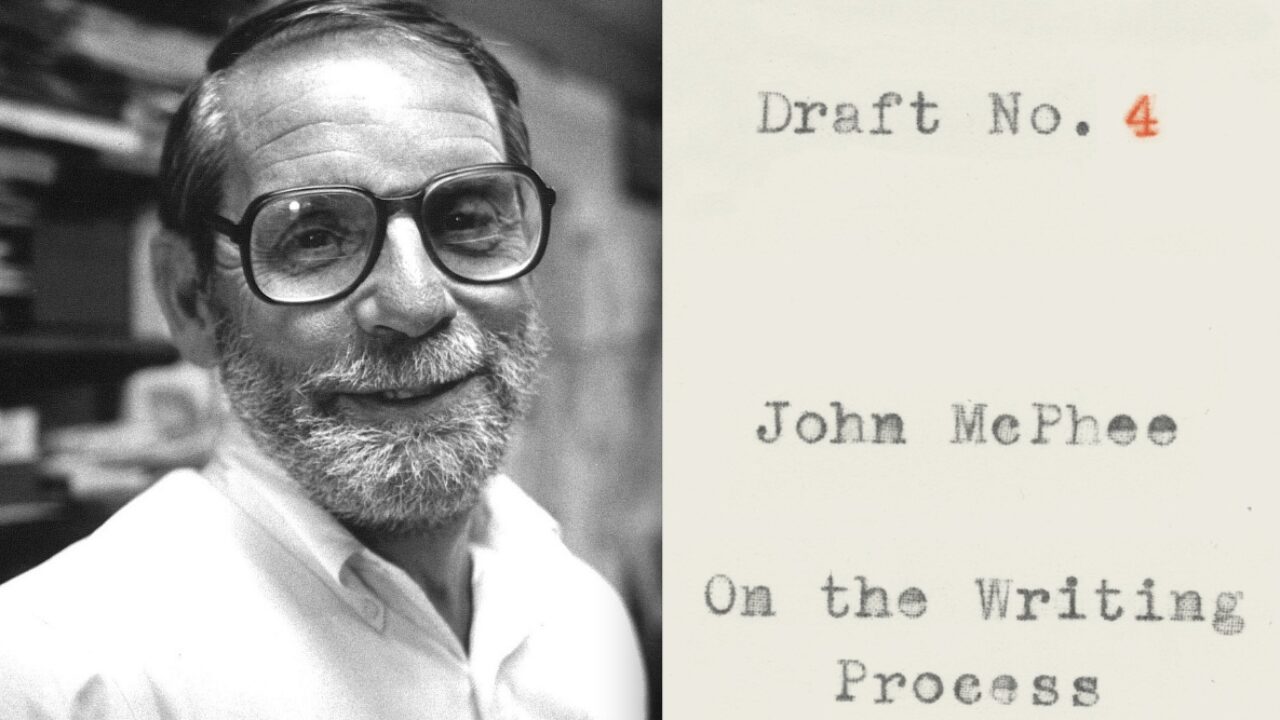
Key Takeaways to Jog the Memory.
1. Your last piece is never going to write the next one for you.
You cannot rest on your laurels, nor can you let a lack of accomplishment be evidence of inability to achieve success in the future.
CHAPTER: Structure PAGE(S): 19
2. Start in the middle of things.
Begin on the fifth day of the journey, not the first. Choose present tense.
Introduce the place, people, arguments and theme from the get-go. The end of the trip is not the end of the story. What follows is a flashback that almost completed the cycle.
CHAPTER: Structure PAGE(S): 28-29
3. Focus attention on discrete structural components.
Record notes freely as they come. Review notes and code them by structural component. Make a folder for each component. Put the corresponding notes in the folder. Write about one folder at a time.
CHAPTER: Structure PAGE(S): 35-36
4. Write about the adventures you wish to have.
Identify the adventures you wish to have. Write about subject matter that will entail those adventures. Write five days a week, but never on weekends or any legal holidays.
CHAPTER: Structure PAGE(S): 51-53
5. Discard the immaterial and go with the strength.
Writing is selection. It begins in the field while you’re scribbling notes at Square 1. If your planned ending doesn’t work, look back upstream at previous pages to find your best ending in there.
CHAPTER: Structure PAGE(S): 60
6. Creative work takes as long as it takes.
What appears to be competition is nothing more than jealousy and gossip. Authors are a dime a dozen. The dog they write about is immortal.
CHAPTER: Editors & Publishers PAGE(S): 81-86
7. Search for replacements to imperfect words.
Towards the end of the second draft, you’ll have something you want to share. After reading the second draft aloud, go through a third time removing “the tin horns and radio static you heard while reading.” Add boxes around words and phrases for Draft No. 4 that do not seem quite right or present an opportunity. Search for their replacements in your mind or in the dictionary.
CHAPTER: Draft No. 4 PAGE(S): 162
8. If you can’t represent truth, omit.
From the first word of the first sentence in a composition, the writer is choosing (most importantly) what to leave out. Sometimes omission is necessary for fitting a layout or duration. No one should notice these omissions.
CHAPTER: Omission PAGE(S): 182-192